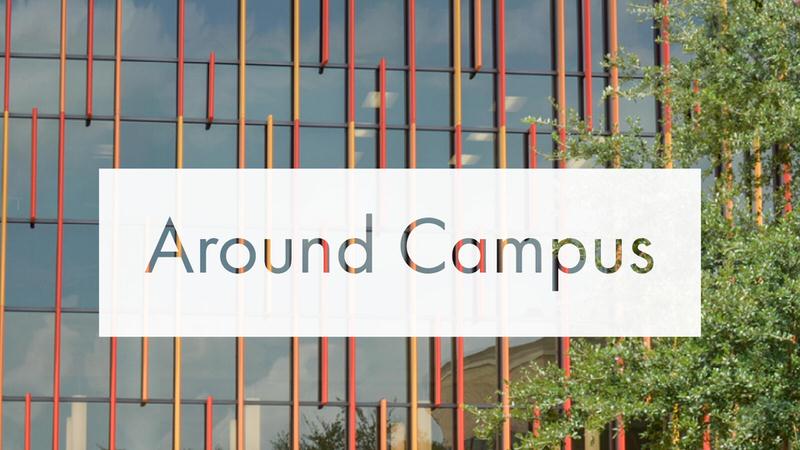Collective Healing Virtual Roundtable Planned For June 10

Dear Faculty, Staff, Students and Residents:
Universities aspire to have, at their cores, a central compass that invariably points to qualities we admire: fairness, respect, inclusivity, civility and diversity. As citadels of learning, they aspire to have receptivity to new ideas as they seek to lead society to higher achievements, to a more noble standing for all of us. Universities are tasked with teaching us lessons from the past, so that those who follow will enjoy better futures void of past mistakes. Universities, when at their best, are about seeking the truth about the human condition and then teaching us the truths about what is necessary to live lives unburdened by injustice, fear and pain.
The murder of Mr. George Floyd last week is a vivid reminder that there is a wide gap between these lofty sentiments and our current reality. Mr. Floyd’s death (and the deaths of many, many others) tells us that the central lessons that universities in a democracy wish to impart — lessons of decency and tolerance — are conspicuously absent from many institutions in our country today. My sense is that one defining ingredient that allows the seeds of animus to grow is the notion by some that lives have unequal value. In a health science university like ours, we are reminded daily of the inequalities in our systems of care, from access to providers to procurement of medicines to adequate counseling. Thus, we strive, as professionals, to level the playing field because we regard human life as so precious, so dear. The death of Mr. Floyd is an anathema to us because it is so antithetical to the very calling of our vocation: to make lives better.
As we consider solutions to achieve the aspirations we have for healing and progress in our country, there are many elements now being thoughtfully suggested as essential. I urge us not to overlook the one proffered by former Texas Governor Dolph Briscoe who said, “No matter what the problem, the solution, in part, is always education.” Education shines the bright light of scrutiny on hateful ideologies like racism and xenophobia, and, in the process, teaches us that there is healing power in simple human kindness; that empathy, when sincere, is a priceless gift embedded in love. I am reminded in saying this that the great theologian, Thomas Merton, defined hate as the absence of love, and, in so doing, pointed us to what is ultimately a helpful solution which we must practice daily.
This moment is a challenge for us as it is deeply painful and arrives in the midst of a pandemic which, by necessity, constrains our ability to touch each other, to even see each other, as our faces are half obscured by masks. But irrespective of the constraints, as trying as these times are, we should take solace in the fact that the ideals our university holds dear and teaches — inclusivity, diversity, respect, integrity, honesty, selflessness and love — are what we seek to reflect in our personal behaviors to everyone, and, by our examples, lift our friends, patients and everyone who we know to better tomorrows. UT Health San Antonio offers its sincere condolences to Mr. Floyd’s family as we affirm our rejection of violence, hate and discrimination.
The Vice Dean of Inclusion and Diversity in the Long School of Medicine, Dr. Chiquita Collins, has arranged for a “Collective Healing Virtual Roundtable” for all members of our campus to be held Wednesday, June 10, 2020 at 4 pm. This Roundtable is designed to provide our students, residents, fellows, faculty and staff a way to process their feelings and experiences in relation to the loss of Mr. Floyd and so many others. Please click on “Collective Healing Virtual Roundtable” to join.
William L. Henrich, M.D., MACP
President and Professor of Medicine

